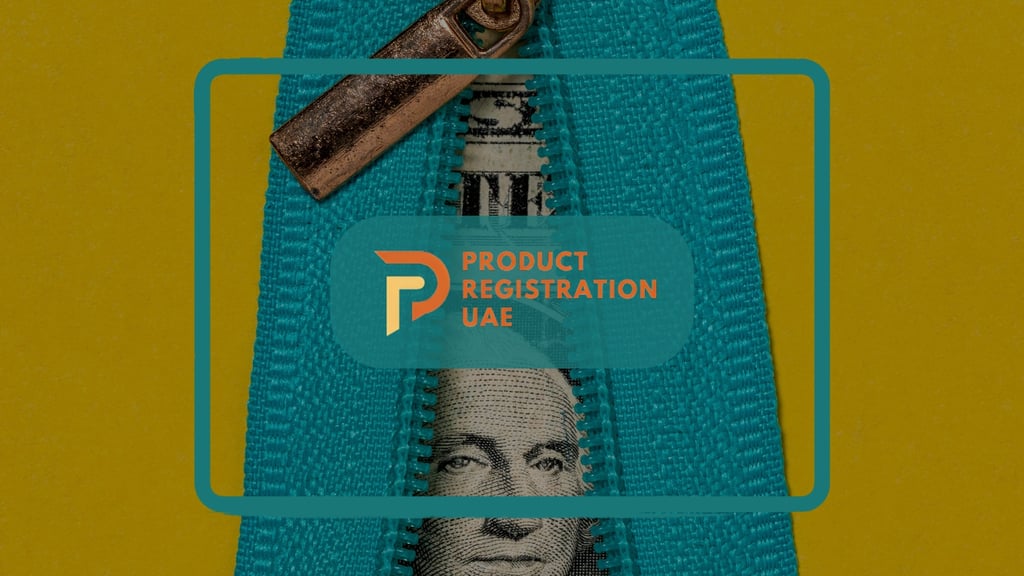Hidden Costs of Product Rejection
Uncover the real cost of product rejection. Avoid delays, penalties & regulatory flags with expert guidance and full compliance | Product Registration UAE.


The Hidden Cost of Product Rejection in UAE –
And How to Prevent It
In the UAE's high-stakes regulatory environment, product rejection isn't just a temporary roadblock—it's a serious business risk.
Brands entering the UAE market often underestimate the far-reaching consequences of a rejected application, only to face costly delays, shipment penalties, and even permanent damage to their market reputation.
What Happens When a Product Gets Rejected?
Product rejection can occur at multiple checkpoints: during online submission, customs clearance, or final approval by local authorities like MOHAP (Ministry of Health and Prevention), ESMA (Emirates Authority for Standardization and Metrology), Dubai Municipality, or SFDA (if the product enters through Saudi Arabia).
Common triggers include:
Incomplete or inaccurate documentation: Missing safety certificates, incorrect technical files, or outdated CFS (Certificate of Free Sale)
Labeling errors: Non-compliance with bilingual requirements, misleading claims, or missing mandatory fields like batch number, manufacture date, or country of origin
Unapproved or banned ingredients: Especially for cosmetics, herbal supplements, and food products
Wrong product classification: Mistaking a supplement for a food product, or a cosmetic for a pharmaceutical, can shift the approval pathway entirely
Discrepancies between claims and composition: Regulatory bodies often verify claims against the actual technical dossier submitted
Even a minor oversight in one of these areas can result in outright rejection, requiring a complete resubmission and review cycle.
The Real Cost of Product Rejection
1. Time Delays
Rejection can cost companies 6 to 12 weeks in additional wait time, especially if regulatory windows are tight or approvals are needed for seasonal campaigns.
2. Financial Losses
Storage & warehousing fees: Products stuck in customs can quickly rack up thousands in holding costs
Logistics and relabeling: Rejected labels often require reprinting and repackaging
Resubmission costs: Government and consultancy fees apply again in most cases
3. Damaged Market Trust
Distributors, retailers, and even end-consumers may view your brand as non-compliant, making it harder to gain future shelf space or partnerships.
4. Regulatory Red Flags
Multiple rejections from the same brand can raise alerts within UAE systems. Future applications may be scrutinized more heavily, delaying future product approvals.
How to Avoid Product Rejection in the UAE
1. Conduct a Regulatory Feasibility Assessment
Before initiating registration, evaluate whether your product meets UAE requirements under its intended category. This includes reviewing GCC guidelines, SFDA regulations, and local authority policies.
2. Comprehensive Label Validation
Ensure your label complies with UAE format, including font size, claim restrictions, ingredient declaration, and mandatory Arabic translation. A professional validation can flag issues before submission.
3. Ingredient & Formula Compliance Check
Create a master ingredient list and check it against UAE banned or restricted lists. Ingredients like CBD, certain colorants, or preservatives are not allowed in many categories.
4. Classification Advisory
Use expert help to define whether your product is a cosmetic, supplement, therapeutic good, or general food item. Misclassification is one of the top causes of rejection.
5. Pre-Submission Technical Review
Double-check technical documentation, including:
GMP or ISO certificates
Product stability & safety data
CFS with proper legalization
Clinical or safety evidence (for high-risk categories)
6. Engage a UAE-Based Regulatory Partner
Work with consultants who are up-to-date on real-time changes in regulatory behavior. UAE ministries often change document templates, portals, or approval timelines with minimal notice.
From Risk to Readiness: Partner for Success
The difference between a delayed launch and a successful entry often comes down to compliance precision.
Proactive brands don’t just wait for rejections to fix mistakes—they invest in pre-approval services that secure smooth entry and avoid unnecessary costs.
Whether you’re launching a line of cosmetics, dietary supplements, functional foods, or traditional herbal products, your product's first impression on UAE authorities matters.
Want expert support to navigate approvals and avoid costly mistakes?
Contact our team or start a chat with our regulatory support in the bottom-right corner of your screen.
Keep Exploring to Stay One Step Ahead
Preparing to register a supplement? Don’t miss this breakdown on MOHAP approval for health supplements in UAE.
Missed a key requirement? Here’s how barcode traceability issues delay approvals: Traceability issues causing UAE product delays.
Already submitted but unsure what’s next? Don’t get caught by surprise — Penalties that follow non-compliant product submissions.
If you're unsure why your label might be rejected, read our latest guide on what UAE authorities really check on supplement labels.


